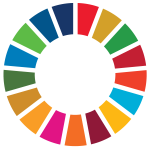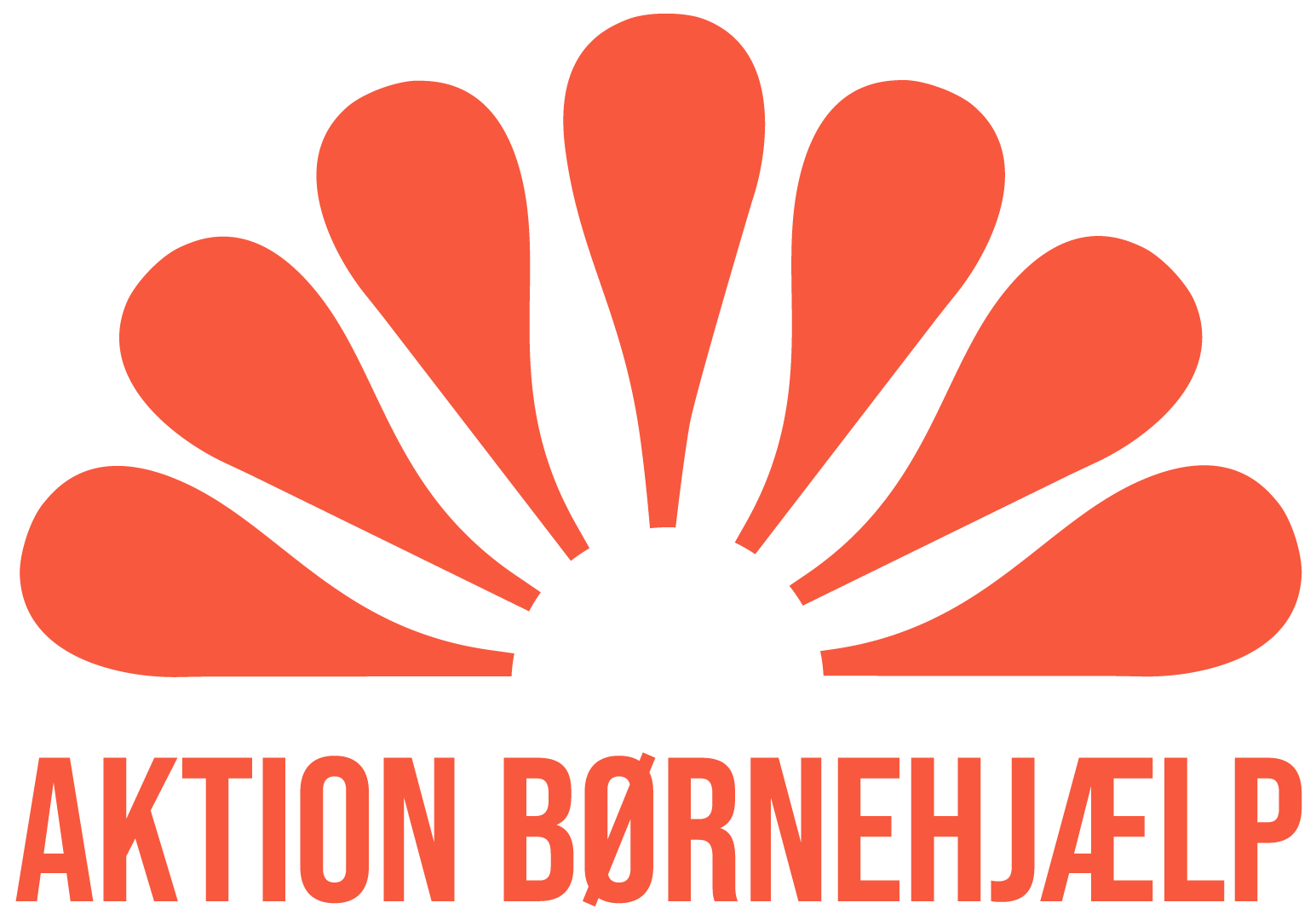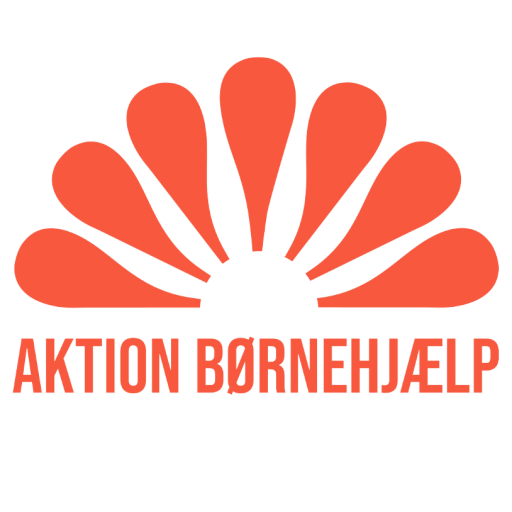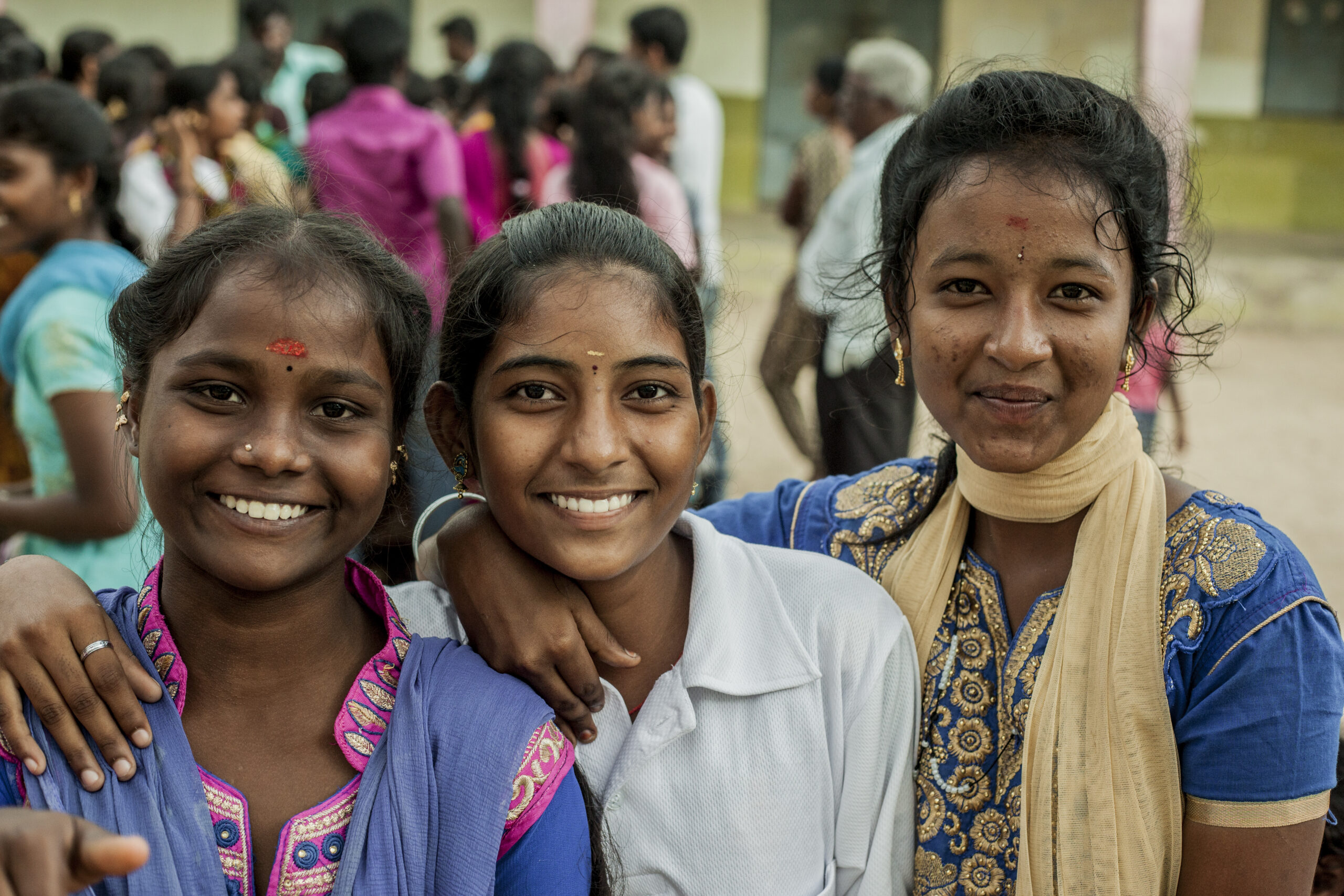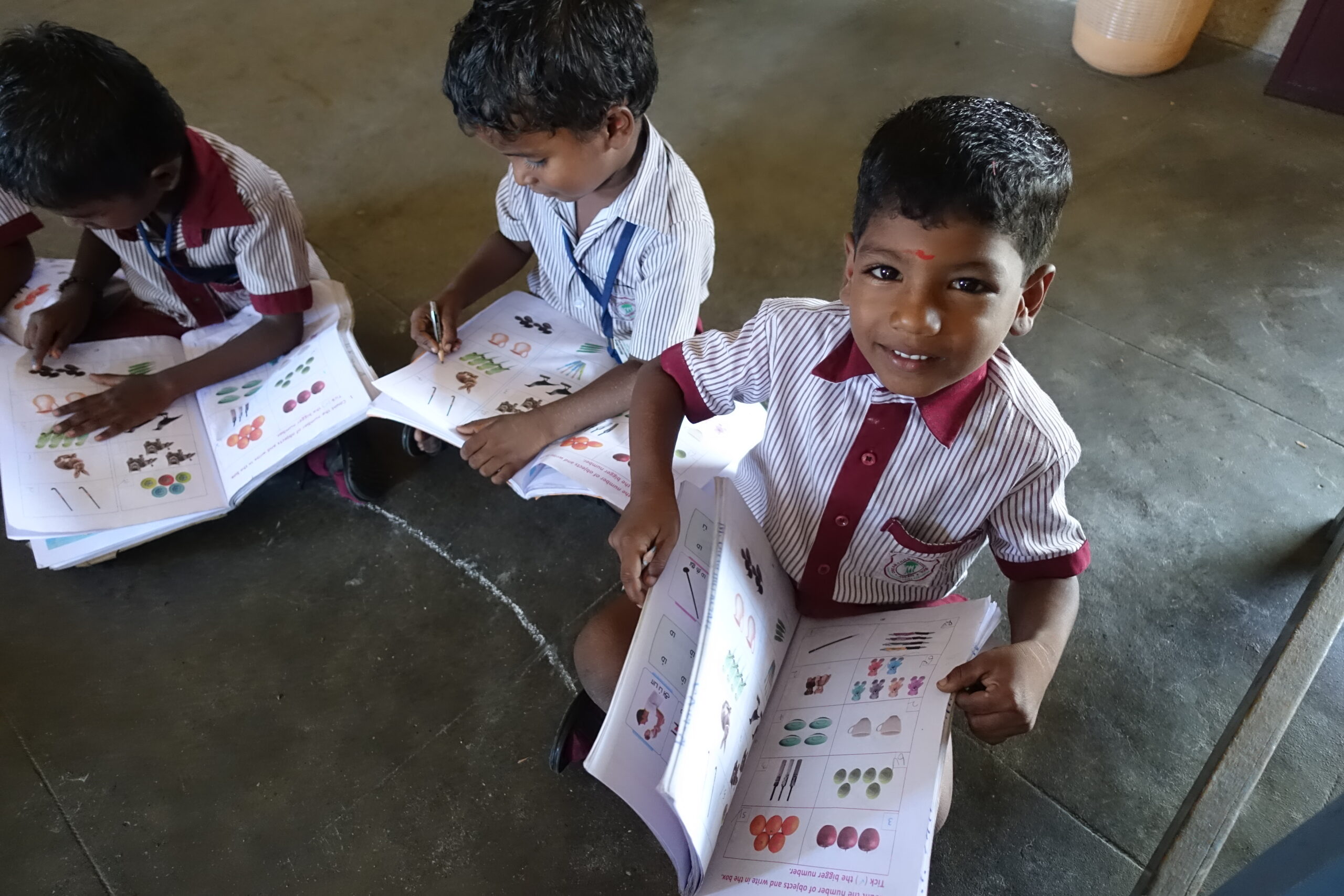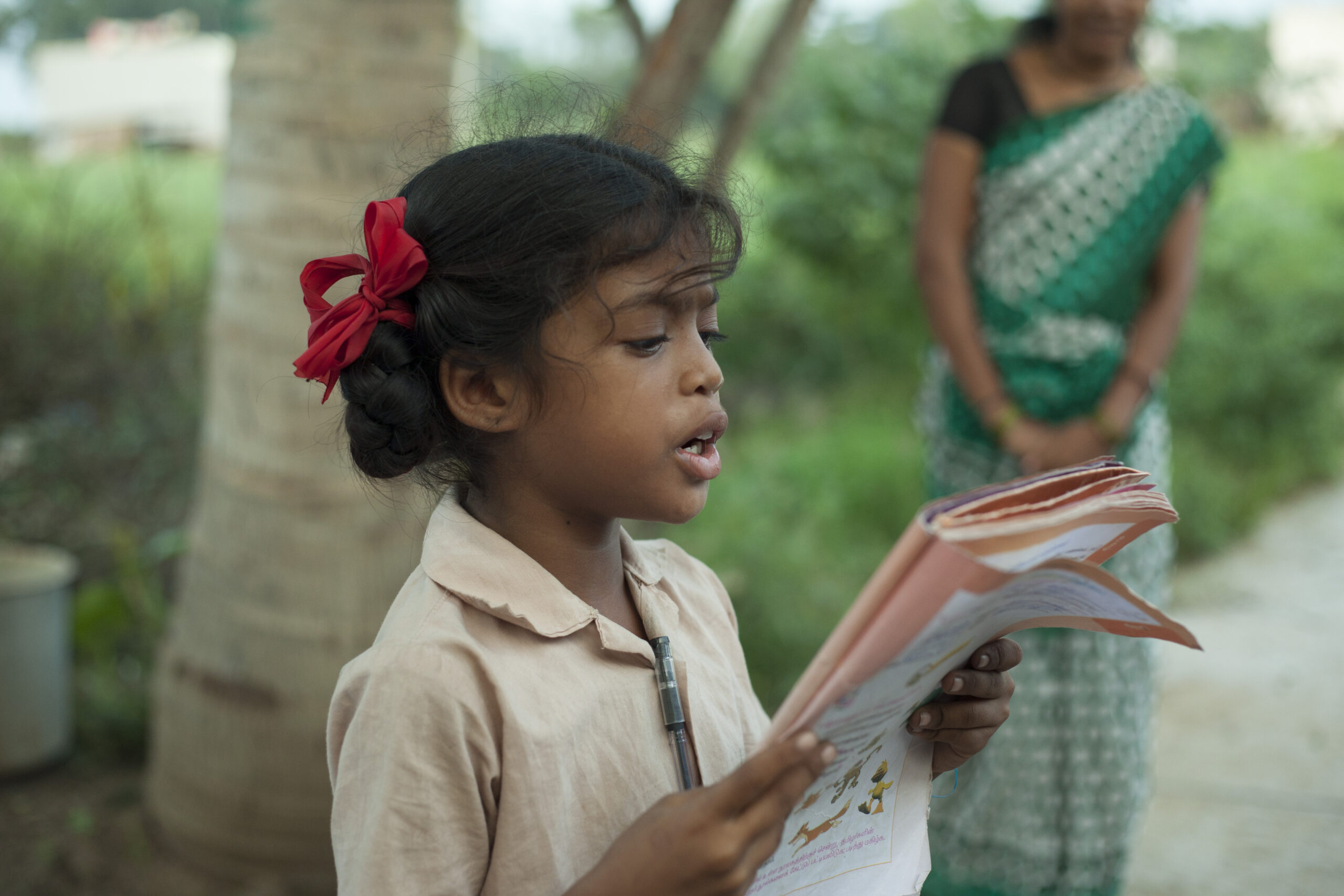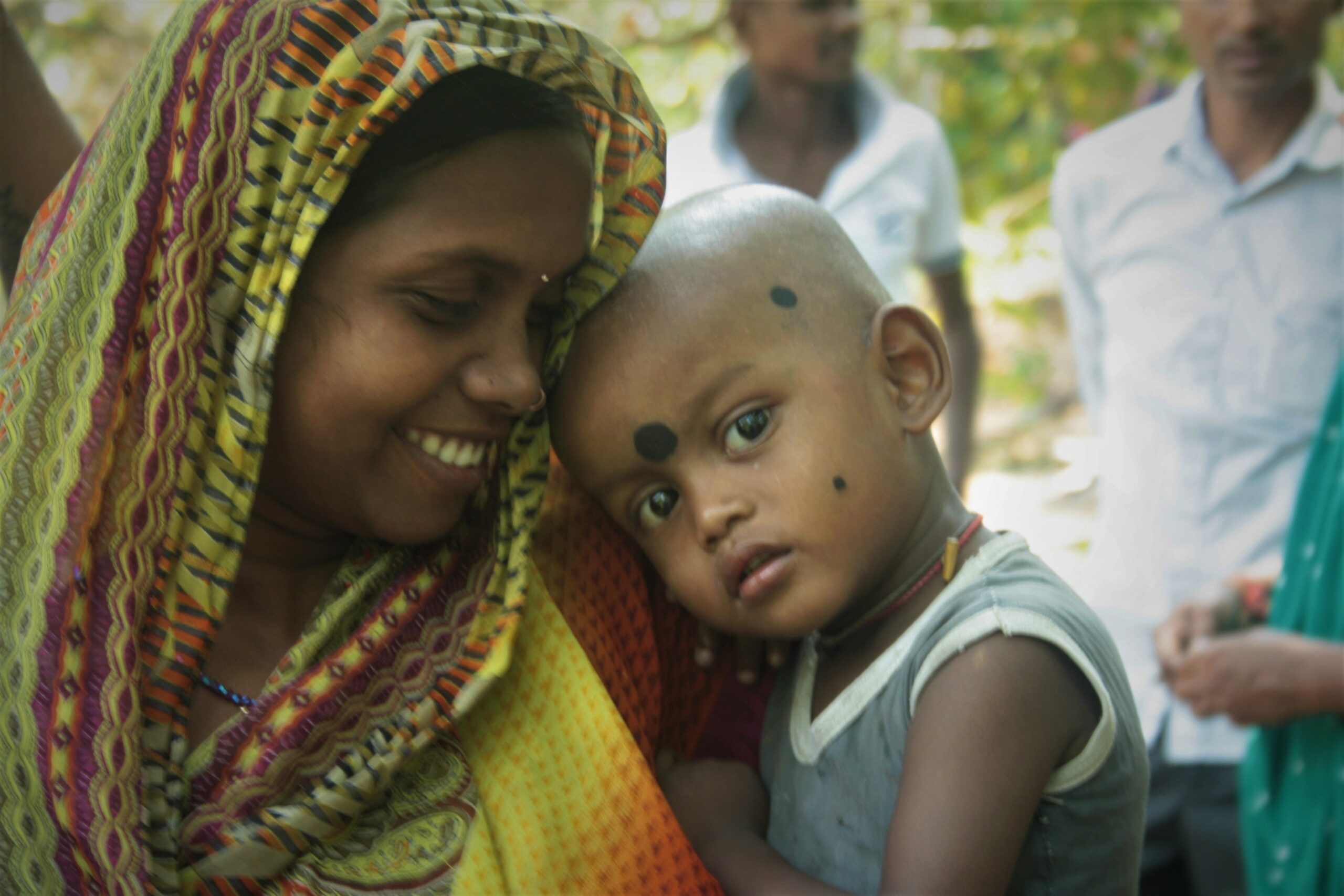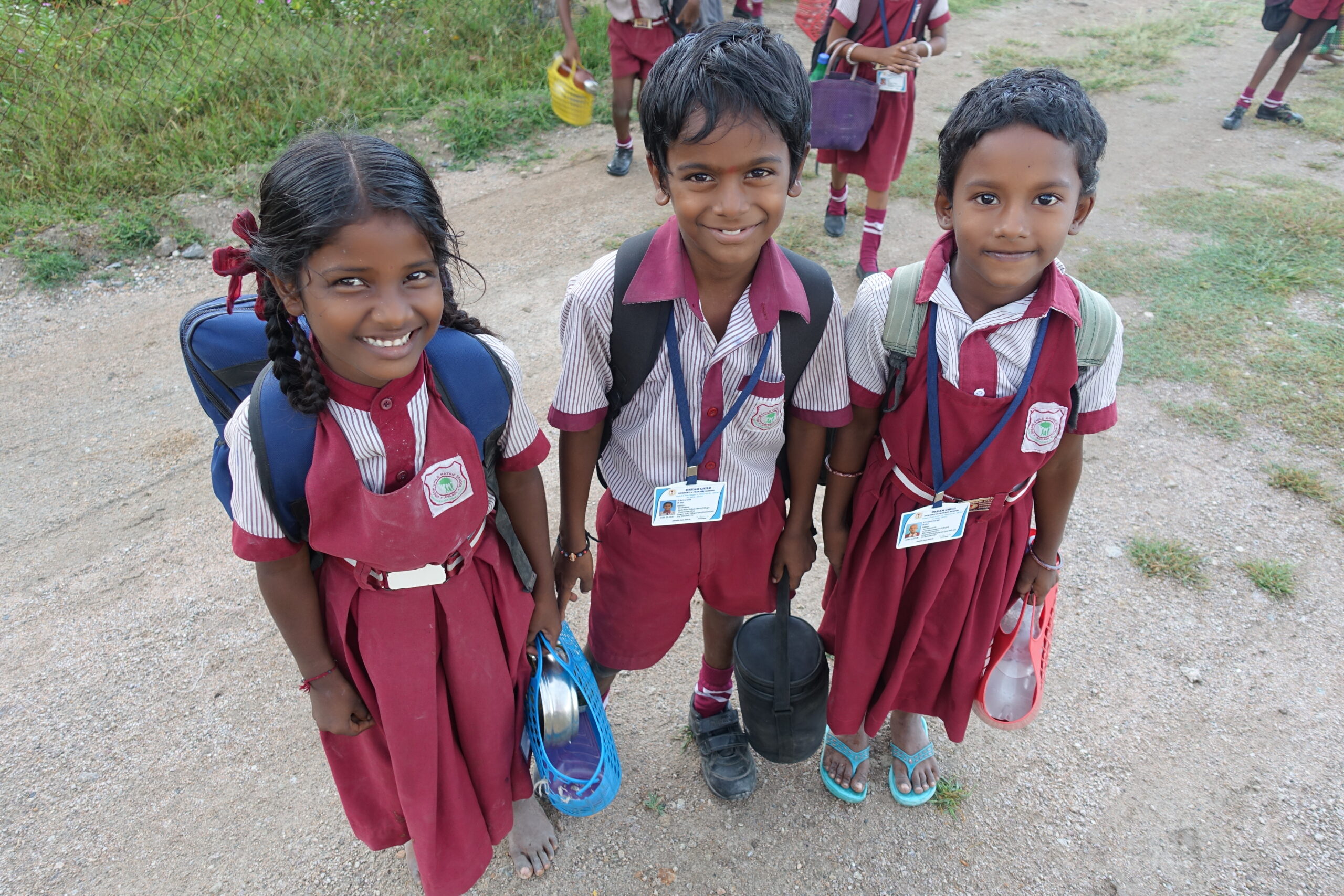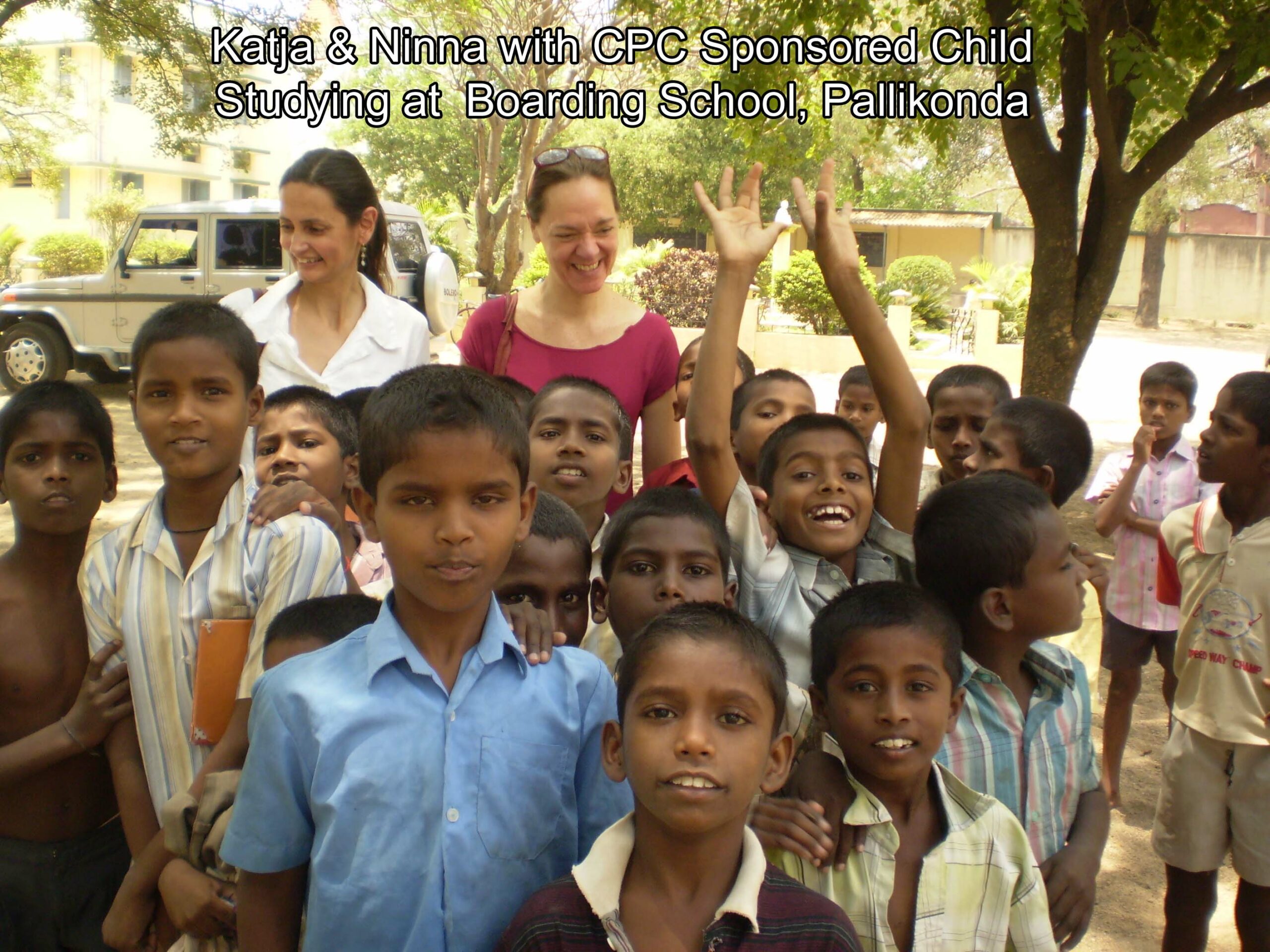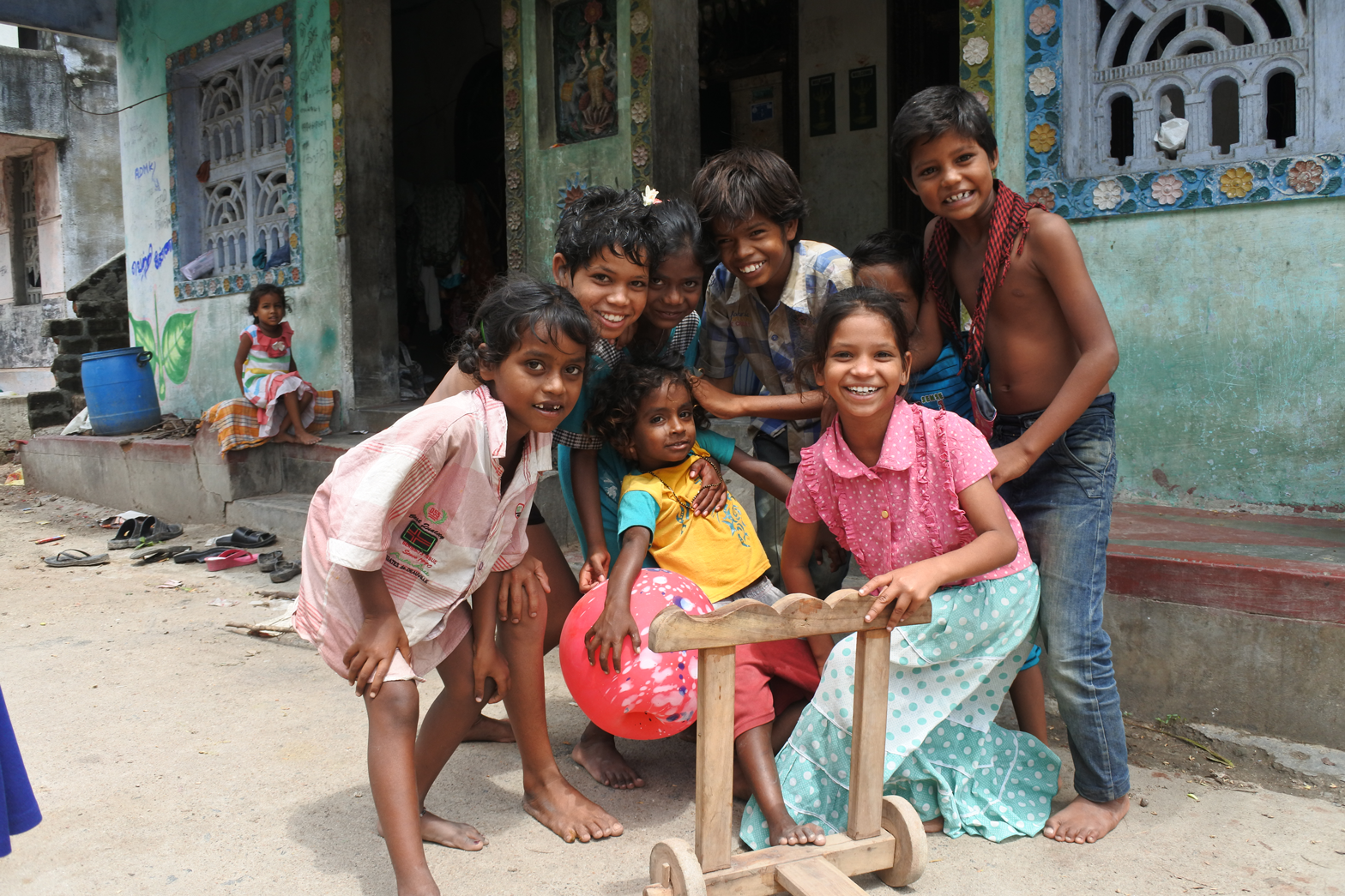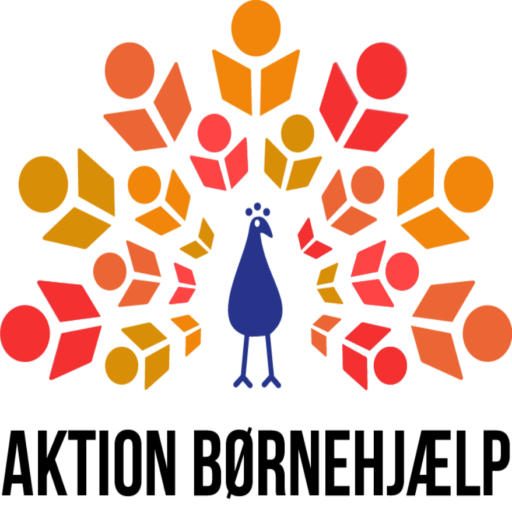Promoting Equal Rights to Childhood Care and Education
Project period: February 2020 – February 2023
In cooperation with our partner Centre for Coordination of Voluntary Works and Research (CECOWOR)
In the Villupuram district in the northern part of the state of Tamil Nadu, the roma and tribal populations are challenged by extreme poverty, illiteracy and discrimination.
CECOWOR
Centre for Coordination of Voluntary Works and Research
- Both roma and tribal children from 30 villages are attending the Angawadi Centres (free quality preschools). Mothers, children and adolescent girls from the roma and tribal communities are provided with basic health care services.
- The percentage of roma and tribal children in the 30 villages that are completing primary school has increased. All the children are enrolled in school when turning six, and the percentage of children dropping out of primary school (before completing class 8) has decreased.
- The roma and tribal population has been empowered and are actively claiming their rights. The children have gained knowledge about their rights and basic knowledge on education, health and nutrition. Most of the inhabitants in the 30 villages are in possession of ID cards giving them access to schemes and programs. Furthermore, the goal is to have non-discriminatory interaction and events between roma/tribals and non-roma/tribals.
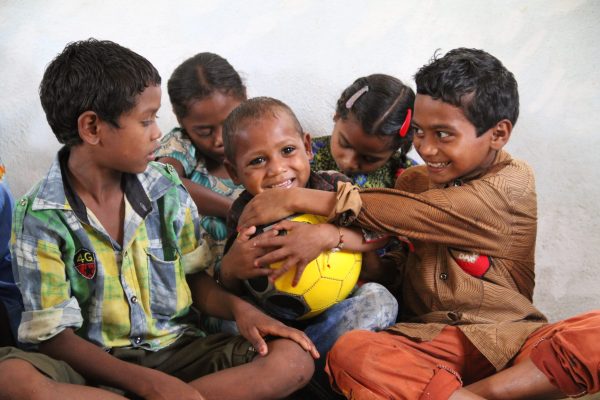
Good Health and Well-Being
Quality Education
Peace, Justice and Strong Institutions
